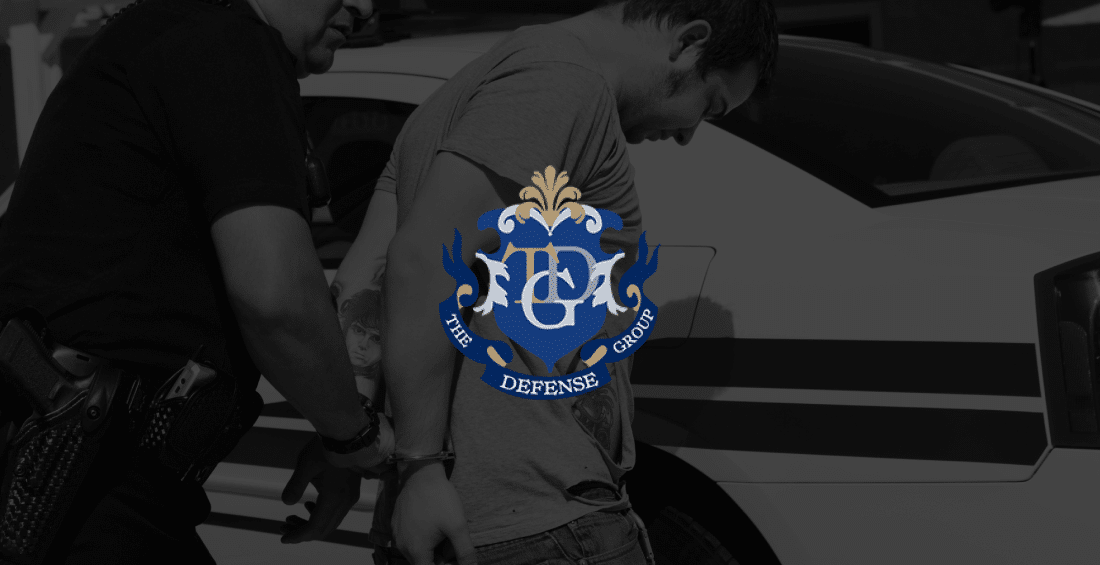What Do You Need to Know if You Have Been Accused of Committing a Hate Crime?
Any criminal charge has the potential to alter the course of your life and impact your future opportunities. However, certain accusations may carry greater emotional weight due to their nature. These charges can ruin reputations and haunt the accused for years if they are not rapidly countered with a robust defense.
Hate crimes are a prime example of an offense with a serious social stigma. Florida takes hate crimes very seriously and has drafted detailed laws to address and penalize such acts. Facing a hate crime accusation can not only result in severe legal repercussions but also cause lasting damage to your public image. If you have been arrested for a hate crime, it’s crucial to promptly seek the counsel of a skilled Orlando defense attorney who can evaluate your case and determine the defense options available to you.
How Does Florida Law Define Hate Crimes?
Under Florida Statute 775.085, a hate crime is any felony or misdemeanor that is committed due to prejudice against certain characteristics of the victim. The law is designed to safeguard vulnerable classes of individuals from intentional harm based on their membership within a specific group. Protected characteristics under Florida law include:
- Ethnicity or ancestry
- Race
- National origin
- Skin color
- Sexual orientation
- Religious affiliation
- Homeless status
- Advanced age, which is defined as over 65 for the purposes of this statute
What Are the Potential Consequences of a Hate Crime Charge?
A hate crime is not a standalone charge in Florida. Instead, if an individual is accused of committing a crime based on prejudice against a protected class, the underlying felony or misdemeanor charge will be reclassified and the penalties enhanced in the following manner:
- First-degree felonies become life felonies
- Second-degree felonies become first-degree felonies
- Third-degree felonies become second-degree felonies
- First-degree misdemeanors become third-degree felonies
- Second-degree misdemeanors become first-degree misdemeanors
This reclassification system allows for significantly harsher penalties upon conviction, potentially adding years to a prison sentence and substantially increasing fines. Convicted offenders may also be subject to longer probation periods and mandatory community service or rehabilitation programs. In addition to pursuing a criminal case, victims may also be able to bring a civil suit against the defendant for damage caused by the hate crime. If the lawsuit is successful, plaintiffs could recover treble damages, attorney fees, and other relief deemed appropriate by the court.
While the legal ramifications are severe, the effects of a hate crime conviction on your relationships and professional life can also be profound and long-lasting. Those convicted of hate crimes often face significant challenges in finding employment due to their criminal record. You could face expulsion from your educational institution or other disciplinary action and have difficulty obtaining scholarships or federal funding for further education or training. Even after completing your sentence, you may experience strained or broken relationships with family, friends, and community members and be subjected to increased scrutiny and suspicion in your daily life and interactions. A vigorous defense is essential when attempting to prevent these harsh outcomes.
What Key Elements Are Necessary to Secure a Conviction for a Hate Crime?
To prove an individual committed a hate crime in Florida, prosecutors must establish two key elements beyond a reasonable doubt. First, they must show that the defendant committed the underlying criminal offense. Second, they must demonstrate that the defendant was motivated by prejudice against the victim’s protected characteristic when committing the crime. This second element often presents a significant challenge for prosecutors, as it requires proving the defendant’s state of mind at the time of the offense.
How Can Defendants Fight Back Against These Serious Charges?
Given the complexity of hate crime cases and the severe consequences of conviction, it is important for individuals facing such charges to seek experienced legal representation. A skilled criminal defense attorney can thoroughly investigate the circumstances of the alleged offense, challenge the prosecution’s evidence, and develop a strong defense strategy tailored to the case’s unique details. Effective defenses against hate crime accusations may include:
- Challenging the base criminal charge: This is the most straightforward defense strategy. If the defense establishes a reasonable doubt regarding the defendant’s commission of the crime, it could result in a not-guilty verdict, nullifying the impact of any hate crime claims.
- Showing lack of prejudicial motive: It may be possible to show that the crime was not motivated by bias against a protected class, but rather by some other factor like financial gain or a personal dispute with the victim.
- Demonstrating unawareness of the victim’s protected characteristics: In Florida law, a person cannot be convicted of a hate crime unless they knew, or had reasonable grounds to perceive or know, that the victim was a member of a protected class. Without evidence of that knowledge, the prosecution cannot prove the crime was motivated by bias.
Giving evidence of the defendant’s history with the protected class: Witnesses and evidence can be utilized to show the defendant’s prior positive interactions with others in the same group as the victim.
Proving ignorance of offensive symbols or language: The defendant may have been genuinely unaware of the meaning or history of certain symbols or words and the offensiveness of these things to particular groups.
Why Consult an Experienced Florida Defense Attorney?
Hate crime laws are necessary legal measures meant to discourage criminal acts targeting specific groups. Unfortunately, due to the highly emotional nature of hate crime cases, law enforcement officers and local communities sometimes forget the constitutional rights of those charged with these crimes. Defendants are always innocent until proven guilty in a court of law. Rapidly mounting a strong defense can be vital to protecting your future, your reputation, and your freedom. Our knowledgeable attorneys at The Defense Group will uphold your rights and fight fiercely for justice in your case. Contact our Orlando office today at 407-743-8430 for a free case evaluation.











